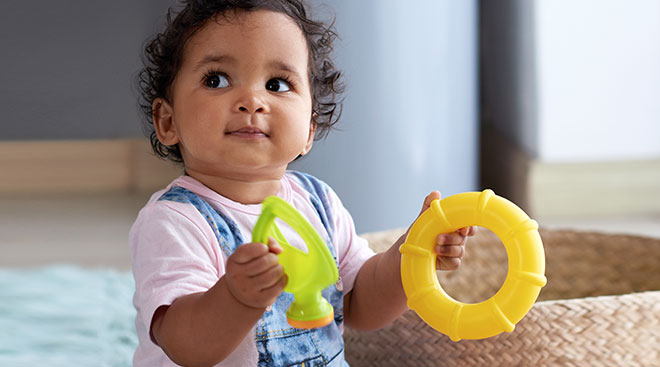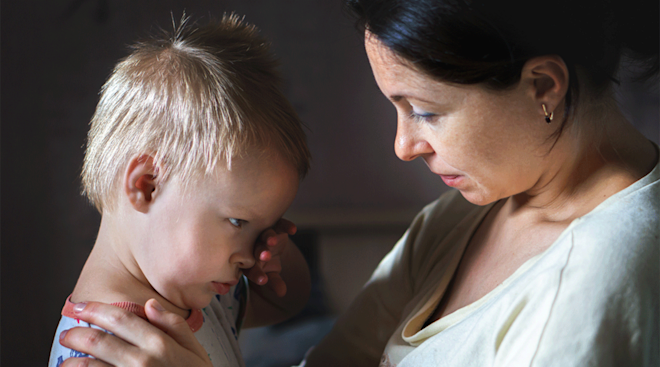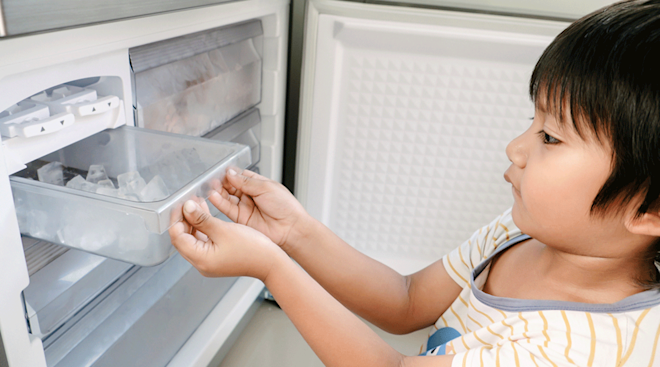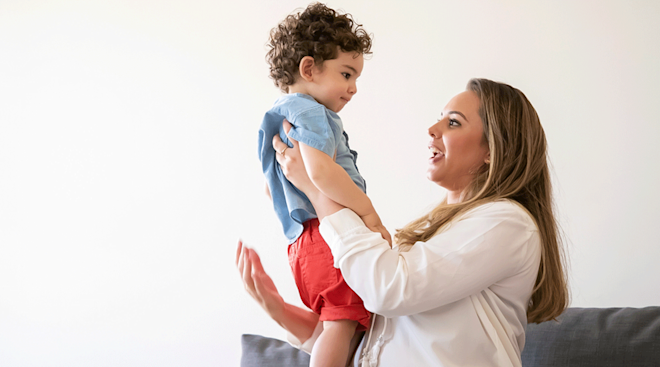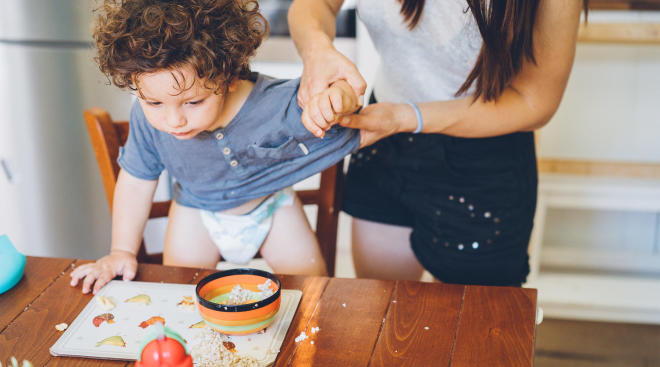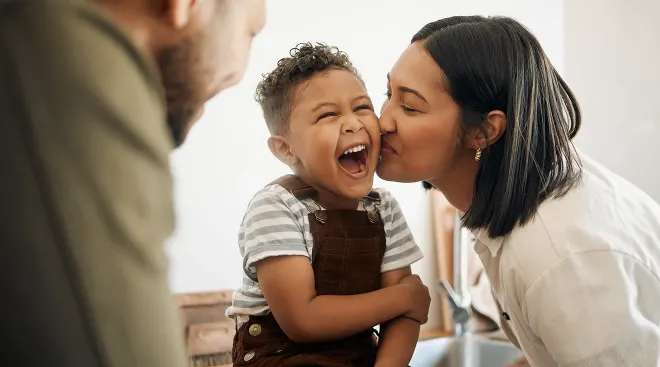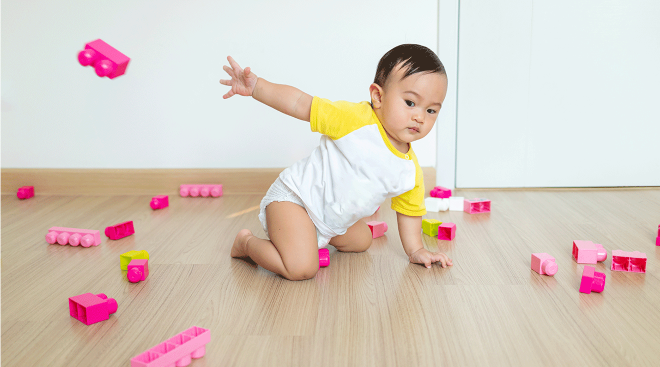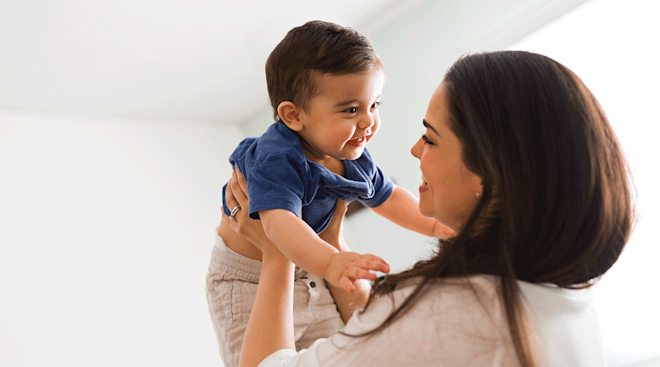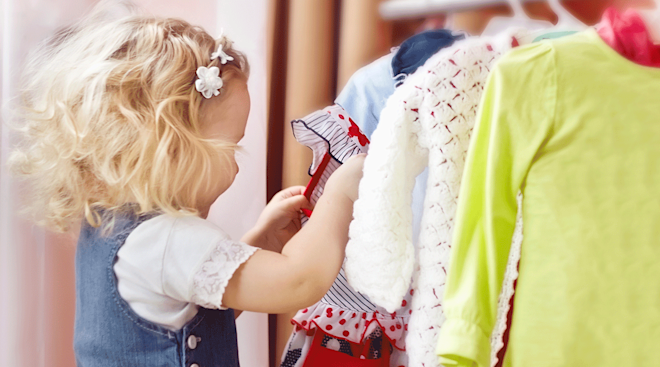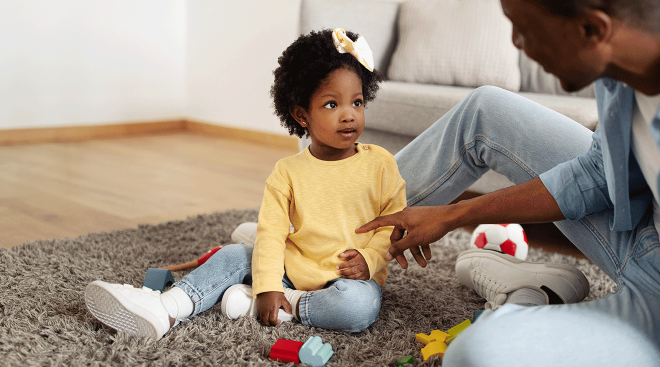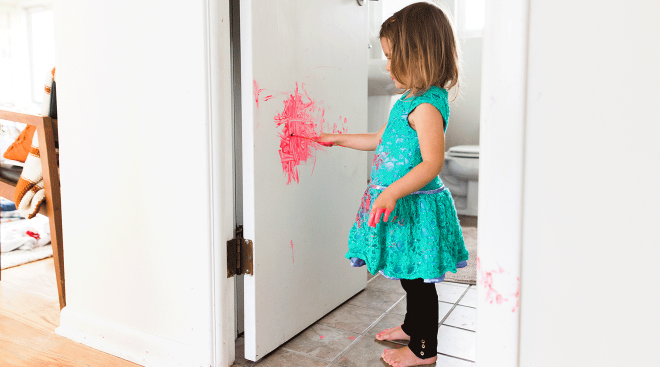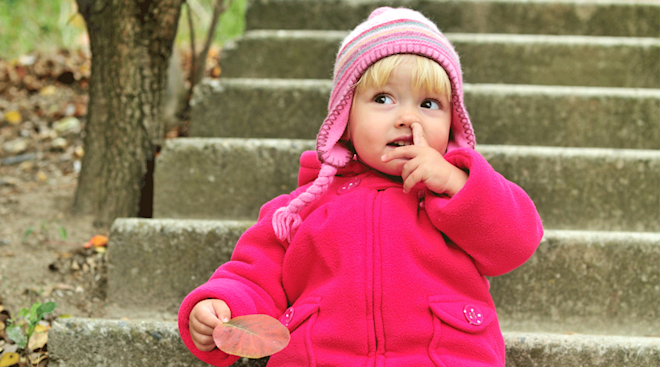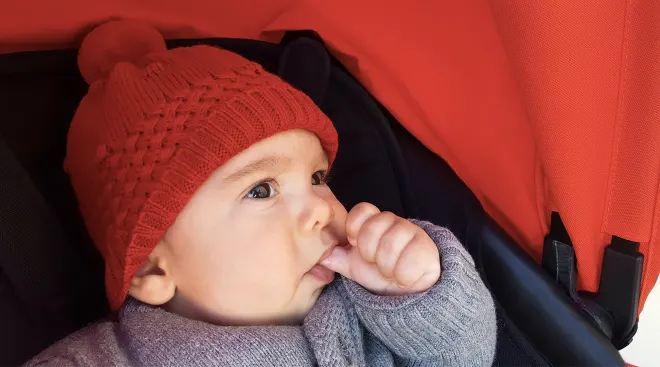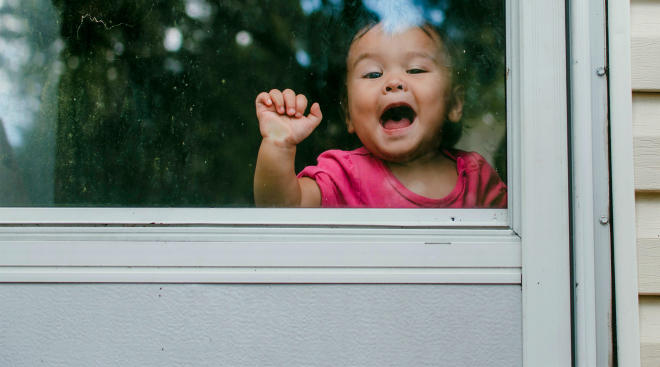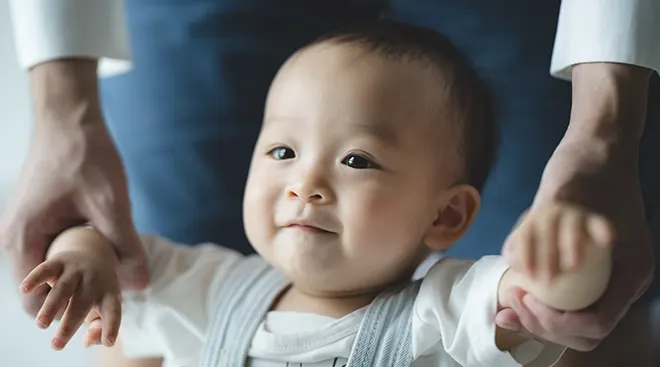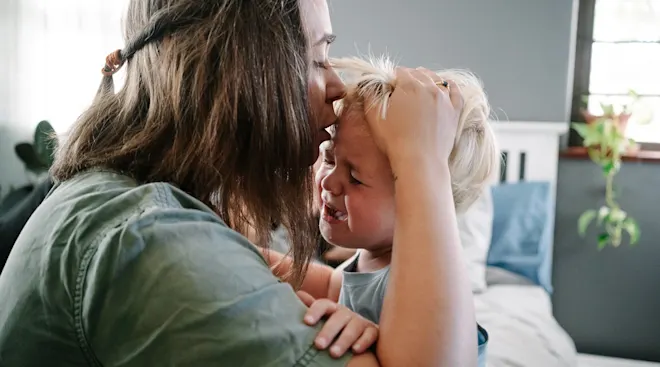Decision-Making May Shape Babies’ Long-Term Preferences, Study Says
When given the choice between two similar options, most people will have a preference towards the option they’re more likely to pick in their everyday life. As autonomous, adult decision-makers, we’re inclined to believe that our choices are driven by what we like, but new research out of Johns Hopkins University’s child development lab may instead suggest that we learn to like the things we choose.
“I chose this, so I must like it. I didn’t choose this other thing, so it must not be so good. Adults make these inferences unconsciously,” co-author Lisa Feigenson, a cognitive psychologist at John Hopkins University who specializes in child development, said in a press release.
Researchers have long understood that preferences in adults are reinforced through years of consumer-based decisions, but a new study using a sample of babies ranging in age from 10-months to 20-months set out to find if preferences are influenced by the act of choice, even before we have sustained experience with decision making.
The study had four experimental variations that were assigned across 189 babies who had not yet begun speaking. Each variation used blocks of bright yet distinct color that could be easily identified by the baby and were of comparable texture to control for any preferences to certain types of toys that the baby may have already had.
In one variation, a randomized choice scenario was created by placing the blocks at a distance from both each other and the baby, allowing preference to be determined by which block the baby crawled towards. The preferred block was then removed and replaced with a new, comparable block and the experiment was repeated. Over repeated trials, the data consistently showed a preference for the newly introduced object over the one that had already passed over, inferring to researchers that the unchosen block had been deemed unfavorable by the babies.
Interestingly, in the experimental variation where babies were assigned a block to play with rather than given the initial choice, the study did not find a clear preference towards the block they had already interacted with, demonstrating that the act of choosing rather than familiarity, informs partiality.
“The babies reliably chose to play with the new object rather than the one they had previously not chosen, as if they were saying, 'Hmm, I didn’t choose that object last time, I guess I didn’t like it very much. That is the core phenomenon. Adults will like less the thing they didn’t choose, even if they had no real preference in the first place. And babies, just the same, dis-prefer the unchosen object”, Feigenson said.
While more research is needed to determine if these results are conclusive, the study seems to suggest that the decisions we allow our babies to make for themselves in their formative years will likely have an impact on their preferences long-term. So before you let your little one choose between peas or carrots at grandma’s, make sure you’re okay with either option—because once they make that choice for themself, it could mean a lifetime preference for peas at your dinner table.
Please note: The Bump and the materials and information it contains are not intended to, and do not constitute, medical or other health advice or diagnosis and should not be used as such. You should always consult with a qualified physician or health professional about your specific circumstances.
Navigate forward to interact with the calendar and select a date. Press the question mark key to get the keyboard shortcuts for changing dates.
































